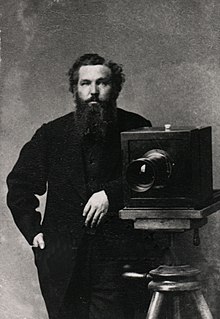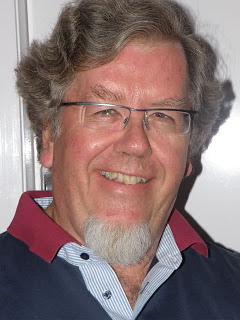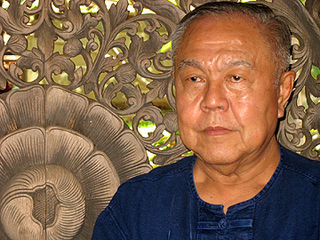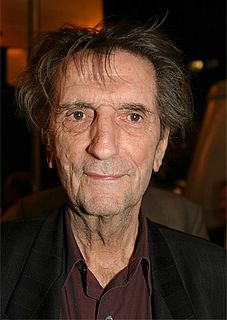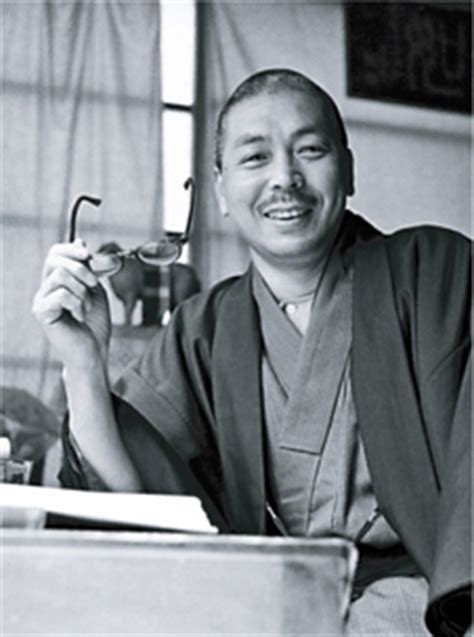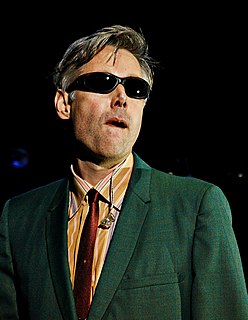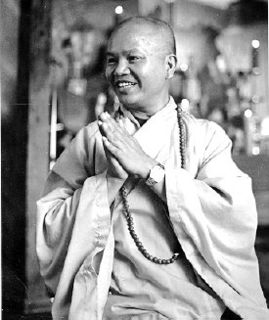Top 1127 Zen Buddhism Quotes & Sayings
Explore popular Zen Buddhism quotes.
Last updated on April 13, 2025.
If science proves some belief of Buddhism wrong, then Buddhism will have to change. In my view, science and Buddhism share a search for the truth and for understanding reality. By learning from science about aspects of reality where its understanding may be more advanced, I believe that Buddhism enriches its own worldview.
A very enjoyable meditation on the curious thing called 'Zen' -not the Japanese religious tradition but rather the Western clich of Zen that is embraced in advertising, self-help books, and much more. . . . Yamada, who is both a scholar of Buddhism and a student of archery, offers refreshing insight into Western stereotypes of Japan and Japanese culture, and how these are received in Japan.
The great achievement of Zen Buddhism, and all of its cultural expressions in painting or the tea ceremony or rock gardens, is a rejection of earlier Buddhist ideas which were dependent
upon narrative - all the mythological creatures that populate the Buddhist galaxy. Zen insisted on the real located in nature.
Prophecy is rash, but it may be that the publication of D.T. Suzuki's first Essays in Zen Buddhism in 1927 will seem to future generations as great an intellectual event as William of Moerbeke's Latin translations of Aristotle in the thirteenth century or Marsiglio Ficino's of Plato in the fifteenth.
Whereas a lot of Buddhism concerns itself with stages of enlightenment, various precepts and moral codes, and even power structures and hierarchies, Zen is just like, 'Shut up, sit down, and observe your thoughts - oh, and by the way, what you perceive as you' doesn't actually exist.' I loved the minimalist approach of it.
Zen is the enemy of analysis, the friend of intuition. The Zen artist understands the ends of his art intuitively, and the last thing he would do is create categories; the avowed purpose of Zen is to eliminate categories! The true Zen-man holds to the old Taoist proverb,
Those who know do not speak. Those who speak do not know.
Buddhism is not concerned just with private destiny, but with the lives and consciousness of all beingsAny attempt to understand Buddhism apart from its social dimension is fundamentally a mistake. Until Western Buddhists understand this, their embrace of Buddhism will not help very much in the efforts to bring about meaningful and positive social change, or even in their struggle to transform their ego.
My ethics, my sense of morality, my work ethic, my sense of compassion for suffering humanity, all of that comes directly out of the practice of poetry, as does my Buddhist practice. Poetry is a very important element in the history of Buddhism in general and in Zen in particular. It was really Zen that motivated me to change the way I perceive the world.
Zen purposes to discipline the mind itself, to make it its own master, through an insight into its proper nature. This getting into the real nature of one's own mind or soul is the fundamental object of Zen Buddhism. Zen, therefore, is more than meditation and Dhyana in its ordinary sense. The discipline of Zen consists in opening the mental eye in order to look into the very reason of existence.
Zen is really extraordinarily simple as long as one doesn't try to be cute about it or beat around the bush! Zen is simply the sensation and the clear understanding ... that there is behind the multiplicity of events and creatures in this universe simply one energy -- and it appears as you, and everything is it. The practice of Zen is to understand that one energy so as to "feel it in your bones.
I think about death a lot, I really do, because I can't believe I won't exist. It's the ego isn't it? I feel that I should retreat into a better form of Zen Buddhism than this kind of ego-dominated thing. But I don't know, I mean, I want to come back as a tree but I suspect that it's just not going to happen, is it?



